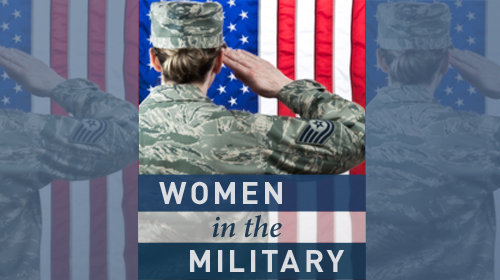We Must Honor the Service of All Veterans, Including Sexual Assault Victims


Twenty-three years. That’s how long it took Ruth Moore, who served in the Navy, was raped by her supervisor, and suffers from night terrors, panic attacks, and insomnia, to obtain disability compensation.
On Wednesday, the Subcommittee on Disability Assistance and Memorial Affairs of the House Committee on Veterans’ Affairs held an important hearing on the enormous barriers faced by veterans seeking disability benefits based on conditions – such as post-traumatic stress disorder (PTSD) and depression – they experience because they were sexually assaulted during their service.
Presenting data obtained through our FOIA lawsuit against the Department of Veterans Affairs (VA) and Department of Defense (DoD), Anu Bhagwati of the Service Women’s Action Network testified that only 32 percent of PTSD disability claims based on military sexual trauma (MST) were approved by the Veterans Benefits Administration, compared to an approval rate of 54 percent of all other PTSD claims from 2008-2010. Moreover, of those MST survivors who were approved for benefits, women were more likely to receive a lower disability rating than men, therefore qualifying for less compensation.
The VA’s regulations explicitly treat veterans who claim PTSD based on sexual trauma differently from those whose PTSD arose from combat. Even when a veteran can establish a diagnosis of PTSD during service and his or her mental health provider connects the PTSD to sexual assault during service, the VA requires additional evidence, such as police reports, that generally does not exist. As the Department of Defense itself acknowledges, the vast majority of servicemembers who are raped do not report the assault, because of the retaliation they are likely to face.
Many MST survivors who apply for disability benefits, when confronted with the hurdles set by the VA, give up. Some, like Ms. Moore, struggle for years and decades before finally receiving compensation.
The harsh treatment of VA disability claims filed by sexual assault victims is especially disturbing given that veterans cannot access other remedies available to civilian survivors. Civilians who are sexually assaulted on the job can file civil claims against their employer under state or federal laws like Title VII, receive compensation for their injuries, and seek to change the way their employer responds to sexual violence. Servicemembers, however, are barred from pursuing these remedies because of Supreme Court doctrine shielding the military from suit.
This week’s hearing was a good step in exposing the failure of the government to prevent, address, and respond to sexual violence within the ranks. And we will continue to fight the VA and DoD for the records we need to shed further light on what we must do to end military sexual assault and truly honor the service of all survivors.
Learn more about women in the military: Sign up for breaking news alerts, follow us on Twitter, and like us on Facebook.

